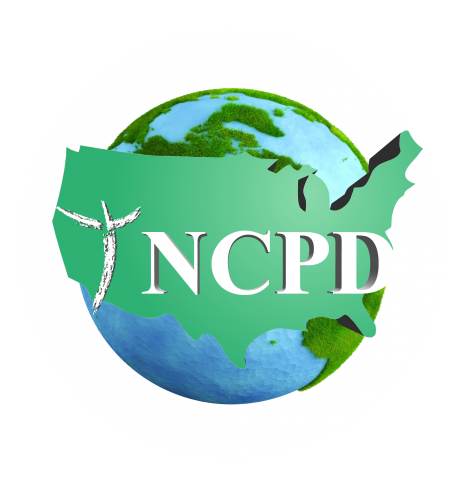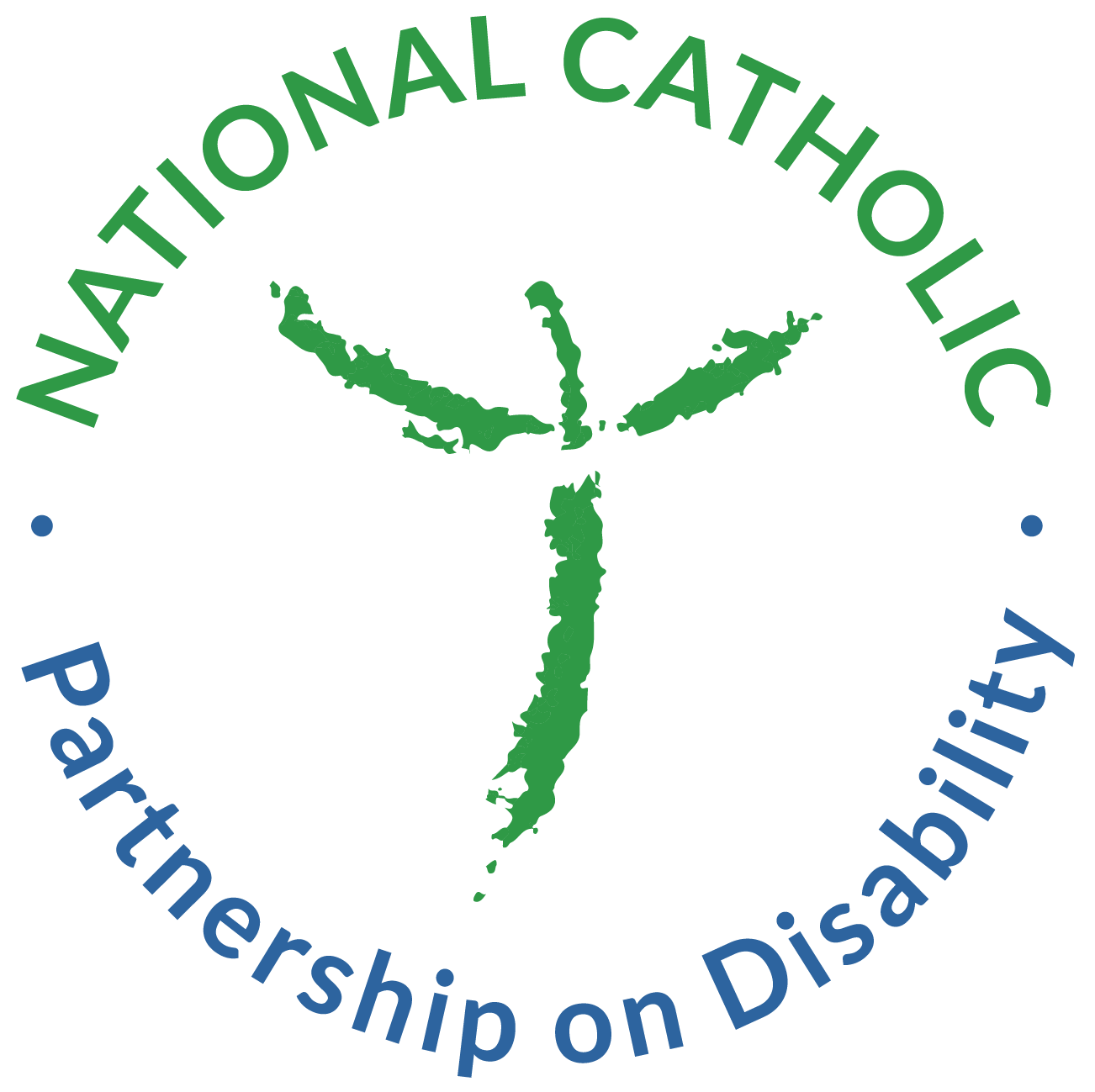
Call to Action: Stop the Violation of the Right to Religious Liberty Last August, the U.S. Department of Health and Human Services (HHS) mandated that under the Patient Protection and Affordable Care Act almost all private health plans are to include with no co-pay “preventive services for women.” These “services” will include sterilization, all FDA-approved birth control (such as the IUD, Depo-Provera, ‘morning-after’ pills, and the abortion-inducing drug Ella), and the “well-women preventive visits,” described as including prenatal screening for genetic or developmental conditions (thus, potentially “preventing” the birth of babies deemed unfit eugenically, since there are presently no available prenatal treatments for most of these conditions). The HHS exemption for a religious employer is so narrow that it is virtually meaningless. Despite an outcry from persons who respect our cherished tradition of religious freedom, on February 10 President Obama adopted this policy as a final rule “without change” (Federal Register, 2/15/12, 8725). Religious organizations which cannot qualify for the exemption will have an extra year to comply; but before the end of that period, an additional rule will be issued to make sure that their employees receive the mandated coverage despite the employer’s objection.
Furthermore, on March 21, 2012, HHS issued a notice proposing additional rulemaking, in which the Administration suggests various ways the new mandate can be applied to religious organizations (Federal Register, 3/21/12, 16501-08). The public has until June 19 to submit comments. The fundamental legal and moral concerns about government intrusion into religious ministries are not addressed. Whatever funding and administrative mechanisms are ultimately chosen, many religious institutions that serve the common good will be forbidden to provide their own employees or students with health coverage consistent with their values.
In response to the HHS mandate, the United States Conference of Catholic Bishops’ (USCCB) Ad Hoc Committee for Religious Liberty released an Easter week statement titled “Our First, Most Cherished Liberty.” The document outlines recent threats to religious liberty in the United States and abroad, while endorsing an upcoming “Fortnight for Freedom” to defend “the most cherished of American freedoms.” It states that “To be Catholic and American should mean not having to choose one over the other.” It continues with an excellent historical review, which begins in 1634 with Maryland’s “experiment in religious toleration” under Catholic Lord Baltimore, and continues that historical review to the present day. The USCCB cautions that we are to learn from history, pointing to when the Colony of Maryland was placed under royal control, and the Church of England became the established religion. Catholics lost political rights, Catholic chapels were closed, and Catholics were restricted to practicing their faith in their homes. The Catholic community lived under these conditions until the American Revolution. However, with the ratification of the United States Constitution, and three years later the ratification of the Bill of Rights, which recognized as the first liberty, religious freedom, religious liberty slowly began to flourish. Thus, by 1887 the Archbishop of Baltimore, Cardinal James Gibbons could report to the Holy See on the great progress the Catholic Church had made in the United States, which he attributed to the "civil liberty we enjoy in our enlightened republic." Indeed, he made a bolder claim, namely that "in the genial atmosphere of liberty [the Church] blossoms like a rose." [Cardinal James Gibbons, Address upon taking possession of Santa Maria in Trastevere, March 25, 1887.] Yet, we are witnessing the erosion of these essential liberties with the recent attacks by our government including: the HHS mandate for contraception, sterilization, and abortion-inducing drugs; state immigration laws; efforts to alter Church structure and governance; discrimination against Christian students on campus; revoking the ministries of Catholic foster care and adoption services; discrimination against small church congregations; and discrimination against Catholic humanitarian services. The USCCB cautions that “religious liberty requires constant vigilance and protection, or it will disappear.”
It should be noted that if the Church is no longer allowed to exercise Her ministries because the attacks on religious liberty do not allow it, millions of persons of regardless of their religious affiliation will be negatively impacted. Currently, many of our Catholic schools serve a significant number of persons who are non-Catholic, and thus these schools would not be exempt from the mandate. Catholic elementary and high school enrollment totals 2,065,872 students; and Catholic colleges and universities educate 804,826 persons annually. Of great significance will be the impact on the 59,160 students educated in schools for persons with disabilities, a number of whom are not Catholic. Catholic health care serves all persons, in many areas the majority of whom are not Catholic, Catholic hospitals serve 89,501,723 patients annually, and other health centers serve 5,535,260 patients annually. Specialized homes, and residential centers for children serve vulnerable populations, including 1,060,156 persons annually. Additionally, Catholic Charities provide services to 9,164,981 unduplicated individuals in need of help annually, regardless of their religious affiliation. Who will serve these millions of persons if the Church is no longer allowed to exercise Her ministries? [http://old.usccb.org/comm/catholic-church-statistics.shtml.]
In recognition of the struggles for religious liberty around the world, even leading to martyrdom, the USCCB highlights how Catholics in America cannot defend the martyrs of our day abroad if we allow the violation of our own religious liberty:
If religious liberty is eroded here at home, American defense of religious liberty abroad is less credible. And one common threat, spanning both the international and domestic arenas, is the tendency to reduce the freedom of religion to the mere freedom of worship. Therefore, it is our task to strengthen religious liberty at home, in this and other respects, so that we might defend it more vigorously abroad. To that end, American foreign policy, as well as the vast international network of Catholic agencies, should make the promotion of religious liberty an ongoing and urgent priority.
The Bishops are calling for a Fortnight for Freedom: specifically that the fourteen days from June 21—the vigil of the Feasts of St. John Fisher and St. Thomas More—to July 4, Independence Day, be dedicated to a great hymn of prayer for our country. They point out that during this period our liturgical calendar celebrates a series of great martyrs who remained faithful in the face of persecution by political power—St. John Fisher and St. Thomas More, St. John the Baptist, SS. Peter and Paul, and the First Martyrs of the Church of Rome. Culminating on Independence Day, this special period of prayer, study, catechesis, and public action would emphasize both our Christian and American heritage of liberty. For more information see http://www.usccb.org/issues-and-action/religiousliberty/our-first-most-c....
In Congress, the Respect for Rights of Conscience Act (H.R. 1179, S. 1467) would ensure that those who participate in the health care system “retain the right to provide, purchase, or enroll in health coverage that is consistent with their religious beliefs and moral convictions.” On March 1, the Senate voted to table this bill when it was presented as Senate Amendment 1520 to the Transportation Authorization Bill (Vote Number 24). We need to urge Congress to pass the Respect for Rights of Conscience Act, and restore our fundamental right to religious liberty.
Thus, this Call to Action requires that our voices be heard on two fronts: at HHS regarding the March 21 rulemaking notice and in Congress with a message in support of the Respect for Rights of Conscience Act. To have your voice heard go to: http://nchla.org/actiondisplay.asp?ID=292.
For more information on religious liberty and conscience rights, see: www.usccb.org/conscience.

